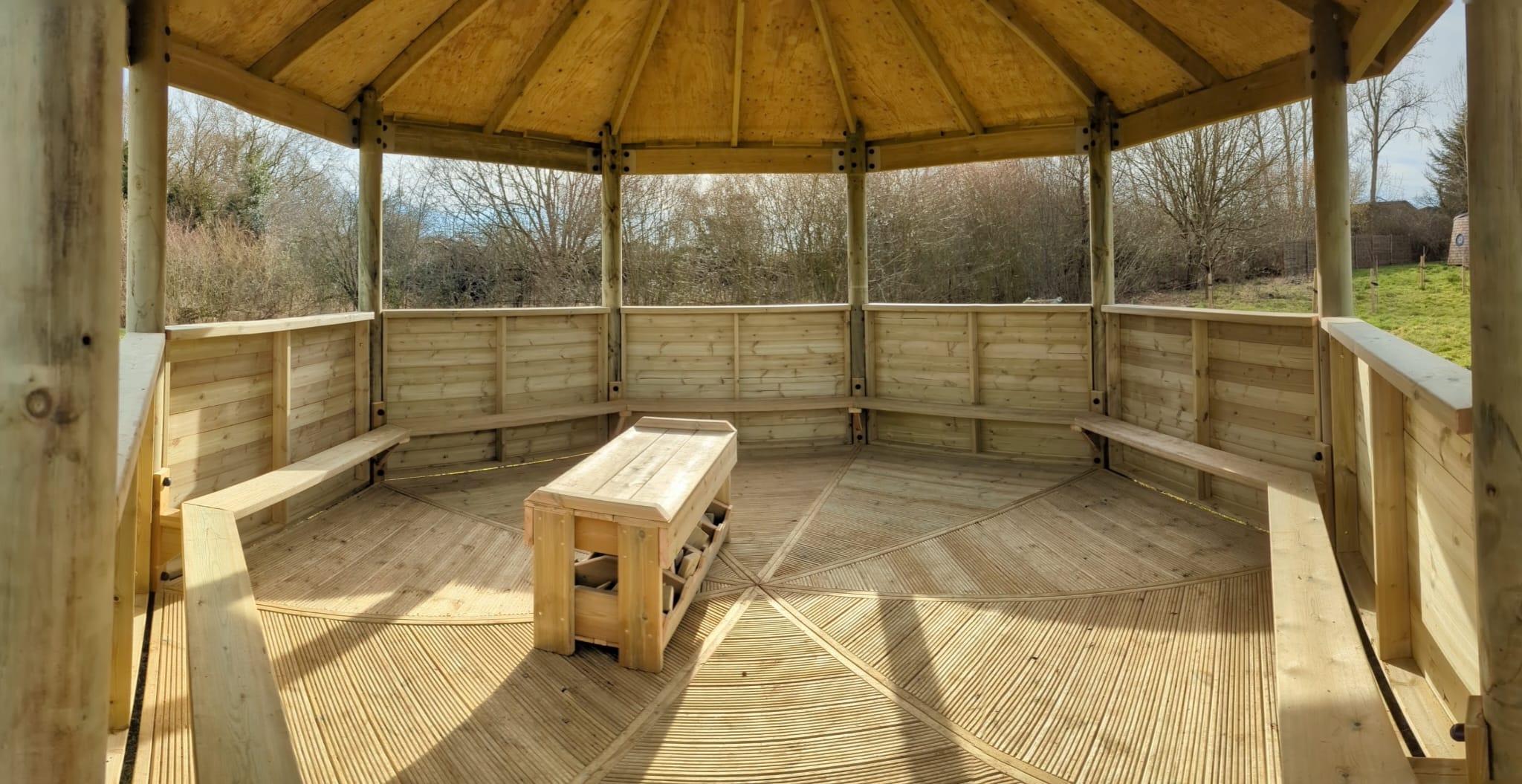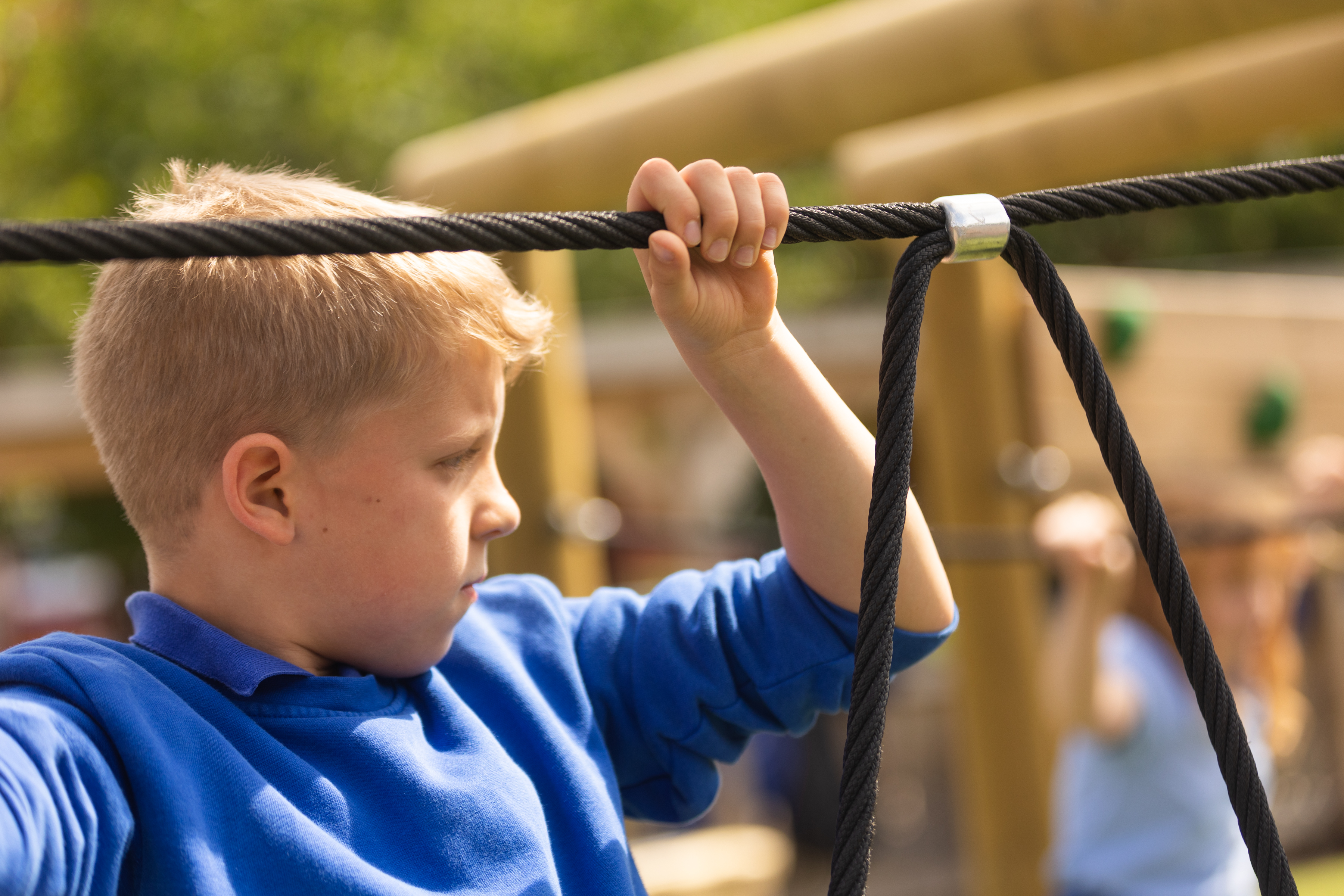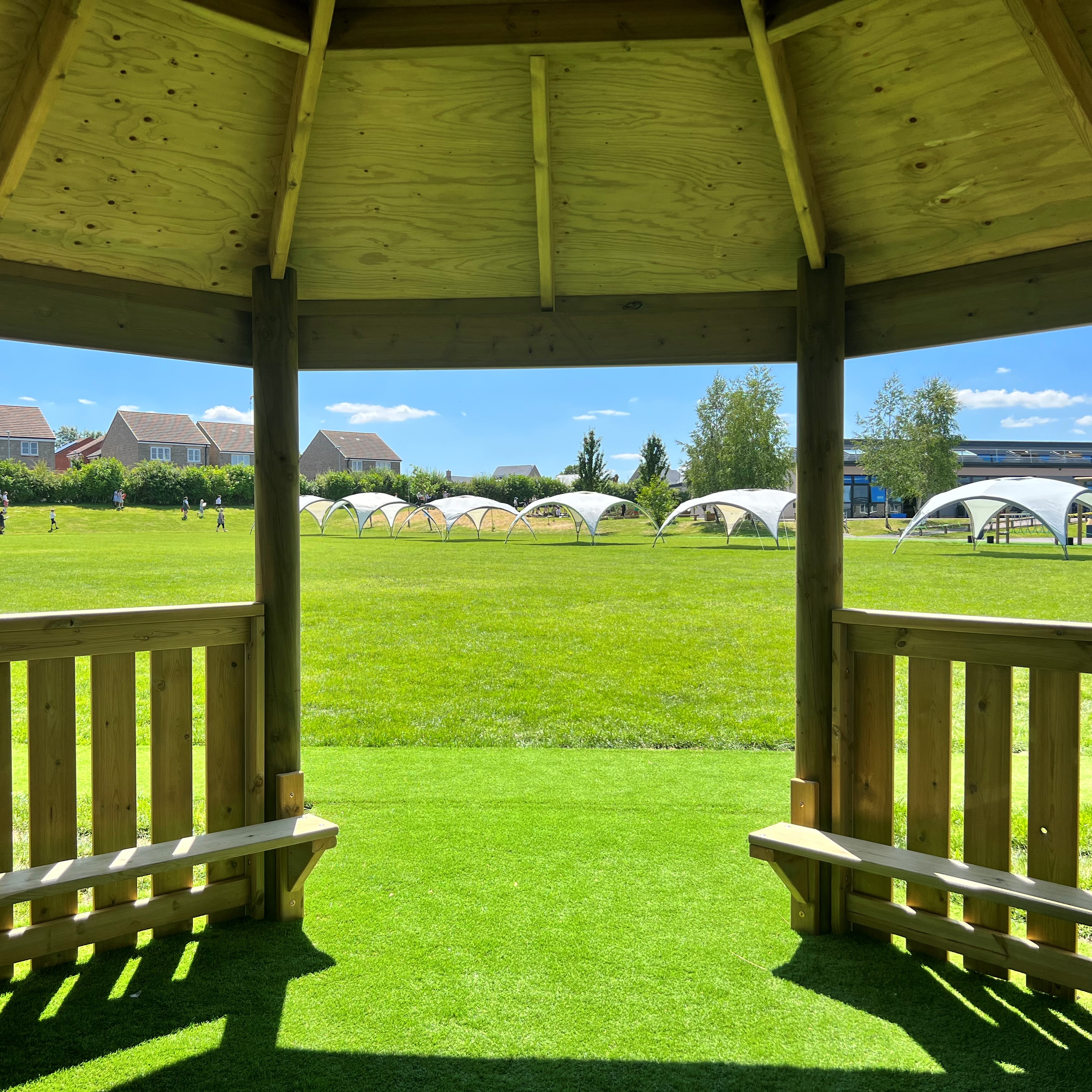The Government has recently unveiled an exciting new £15 million initiative aimed at enhancing outdoor learning experiences for young people in disadvantaged areas.
The program, which is part of a broader effort to promote biodiversity education, will be led by The Natural History Museum. Their vision is for young people to manage and create a National Education Park in outdoor, educational spaces across England.
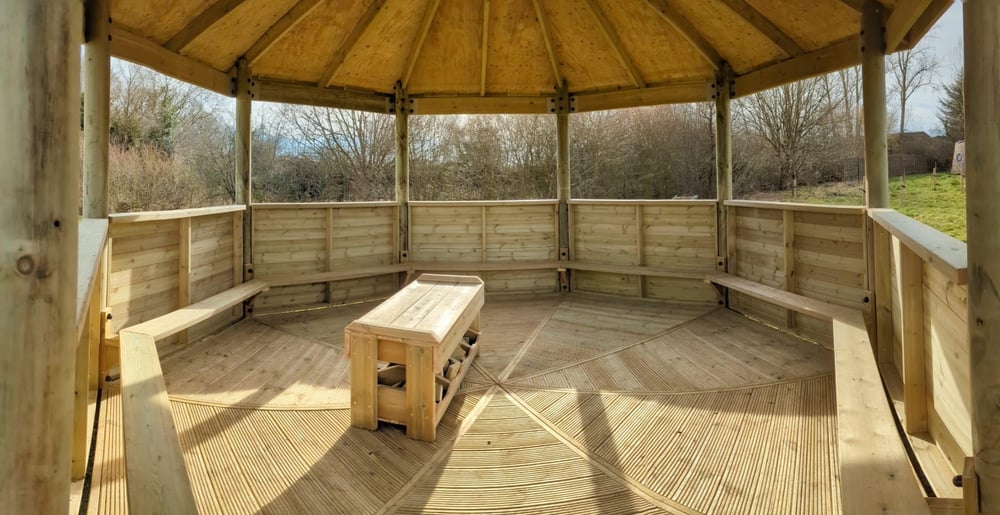
What is the National Education Park?
Young people will be at the centre of this initiative. The National Education Park plan is to utilize and network schoolgrounds to create nature learning sites, promote biodiversity, develop green skills, and enhance their overall well-being. Then, young people can learn to make informed decisions based on the latest scientific evidence through a hands-on approach. They can create pollinator-friendly habitats, dig ponds and rain gardens, identify wildlife, and plan planting schemes.
The scale of England's primary and secondary schools is enormous, covering an area approximately twice the size of Birmingham. This is a great chance to give young people the power to make a real difference. They can do this by developing ecosystems where biodiversity can flourish all over the nation.
Interestingly, school grounds in England are currently the most under-recorded urban habitat type. To address this issue, The Natural History Museum has partnered with Esri UK to provide free geospatial mapping tools, allowing children and young people to monitor biodiversity gains on their learning sites and in their local communities.
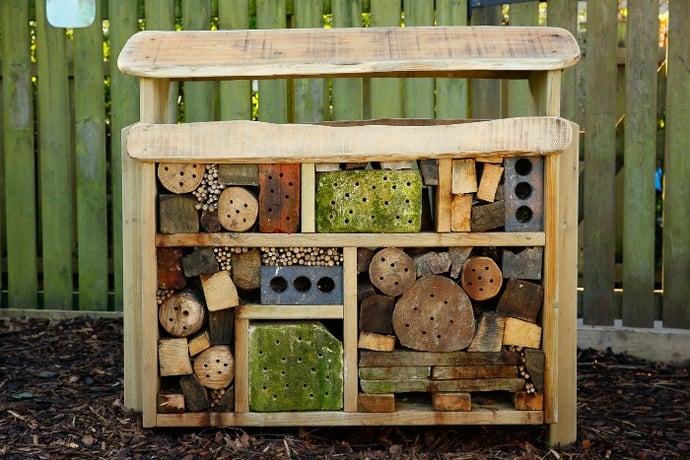
Free Climate Education Resources
The partnership will provide physical improvements and educational opportunities. Additionally, they will offer a set of free climate education resources. These resources include lesson plans and schemes of work from Early Years Foundation Stage to Key Stages 1-4. This integrated approach ensures that the program aligns with the educational objectives of schools while fostering a deeper understanding of climate issues and environmental stewardship.
The Royal Horticultural Society, in collaboration with The Natural History Museum, will provide students with the chance to transform the green spaces at their respective educational institutions into their very own Nature Parks.
We will recognize and reward children and young people for their efforts with an awards scheme. This scheme will be part of the program and will help them develop their skills and knowledge in biodiversity and sustainability. It will also serve to celebrate their climate action initiatives. While all schools can participate, there is additional funding available for settings in the most deprived and nature-depleted areas, ensuring they can fully engage with the program.
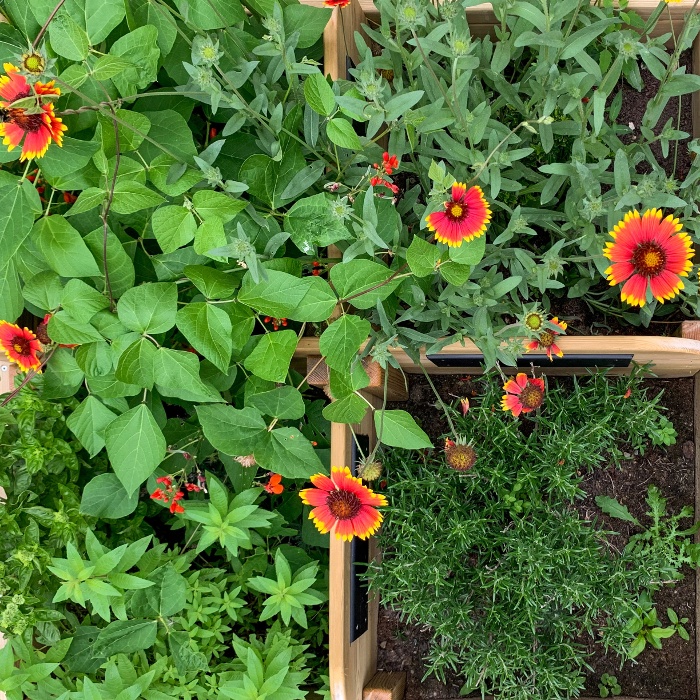
Funding Boost
The Department of Education is providing additional funding to nurseries, schools, and colleges with limited access to nature. This funding will be used to increase the biodiversity of their sites and upgrade their outdoor learning facilities. The grants will specifically target educational settings ranked lowest in Natural England's measure of local access to natural space, located in areas with high levels of deprivation.
Commenting on the funding, Minister for the School System, Baroness Barran, expressed her optimism, stating, "This funding will give schools, colleges, and nurseries the resources they need to create thriving green spaces, halt the decline of nature, and improve access to outside learning."
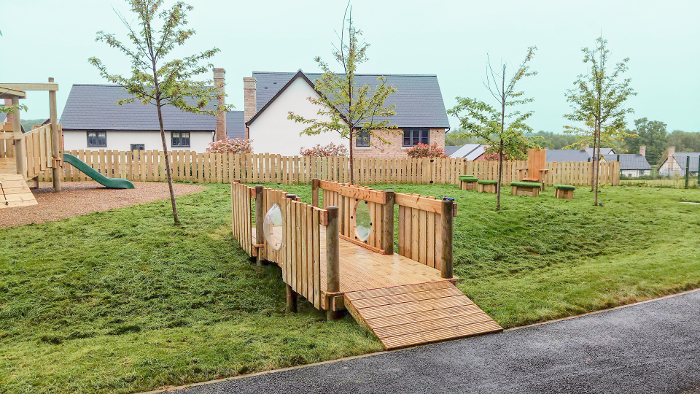
Who is Eligible?
The funds can be utilized for various purposes, such as acquiring equipment that may hinder children in deprived areas from participating in outdoor learning, providing accessible routes to nature in schools catering to students with special educational needs and disabilities (SEND), purchasing outdoor equipment and clothing, establishing outdoor teaching areas, and acquiring teaching tools like acoustic listening devices.
While the finer details of the funding are yet to be released, the current eligibility criteria include:
- Having submitted a school-level census return in term 1 of 2021-22
- Being located in a Lower Tier Local Authority categorized as a "Levelling up area" by the Department of Levelling Up, Housing, and Communities (DLUHC) in the 2nd round of the Levelling Up Fund
- Being situated in an LSOA (Lower Super Output Area) described by Natural England as an L1 area, where less than 5% of the LSOA is covered by or within 300m of accessible natural green space.
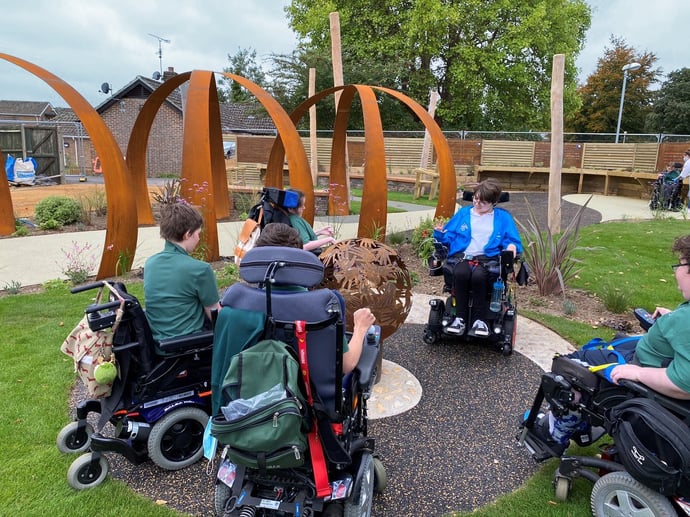
How to apply
Schools, colleges, and nurseries can register their interest in the National Education Nature Park, ahead of its full launch in autumn 2023. Registration for updates can be done on The Natural History Museum's website.
This funding initiative marks an exciting development in the world of outdoor play and learning, and it is encouraging to see the government prioritise these areas. The program is currently in its early stages, with further details and application procedures set to be announced in the coming months. Stay tuned for updates as we continue to gather more information!
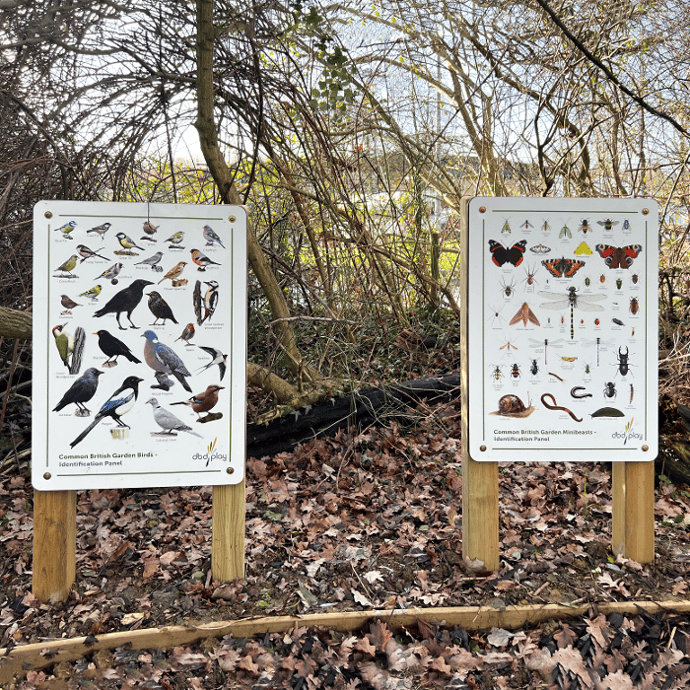
Are you maximising your fundraising?
While we're on the topic of funding, we're thrilled to announce our partnership with FundEd, the go-to experts in school fundraising. FundEd can assist you in generating additional income streams, developing an effective fundraising strategy, and executing successful campaigns. Working together we can provide a tailored report for your school to ensure you maximize all available grant and fundraising income streams.
Please get in touch with us to learn more about this exciting opportunity!
Originally published Jun 19, 2023 2:19:14 PM , updated January 31, 2024



